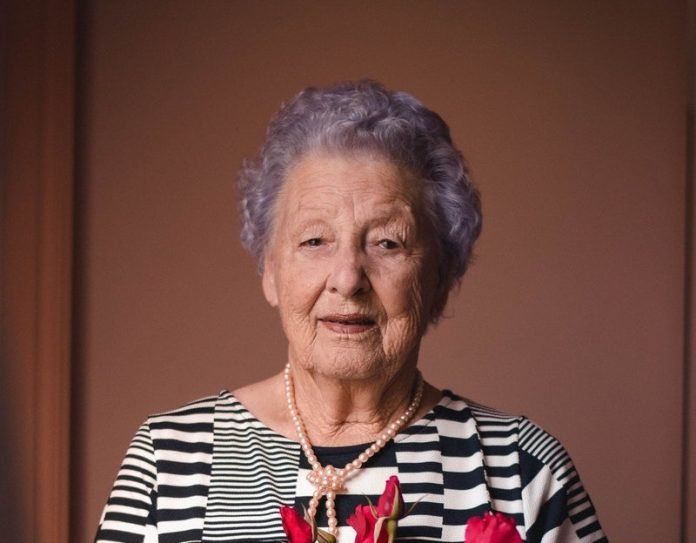
Light stimulation has been proposed as a promising therapeutic alternative for treating various neurodegenerative diseases like Alzheimer’s disease, Parkinson’s disease, cognitive and sleep disorders.
In a new review study, researchers summarized the growing knowledge on the mechanism of action, effectiveness, and clinical applications of light therapy in the treatment of neurodegenerative disease.
Light therapy consists of controlled exposure to natural daylight or artificial light of specific wavelengths.
While neurologists worldwide have begun testing its use in clinical practice, less remains understood about the mechanisms behind how light affects neurological function.
Our body function is tuned to a circadian or day and night rhythm. The clock that controls this rhythm is housed in the hypothalamus region of the brain.
The genes expressed in this region are crucial in maintaining the circadian rhythm. Thus, a malfunction of these genes can disrupt the rhythmic cycle.
These defects have been linked to neurodegenerative, metabolic and sleep disorders.
External stimuli such as light, physical activity and food intake can help reset the clock and restore normal circadian rhythms, thus alleviating symptoms.
Another mechanism by which the clock controls circadian rhythms is through the secretion of the melatonin (MT) hormone.
MT secreted by the pineal gland in the brain is known to control sleep patterns as it is secreted in higher amounts at night than the day.
Light stimulation in this case suppresses the secretion of MT during the daytime and thus reduces drowsiness.
In the paper, the team discussed the application of light stimulation in specific neurodegenerative disorders.
In the case of Alzheimer’s disease, progressive dementia, sleep disturbance has been associated with an increased expression of biomarkers that promote disease progression.
Patients with Alzheimer’s disease often experience confusion, emotional distress and hyperactivity after dusk and through the night.
Preliminary clinical studies suggest that light stimulation helps restore memory and cognition and decreases the burden of the pathogenic amyloid-β protein in the brain.
Furthermore, light therapy has been shown to improve sleep quality and duration in patients with sleep disorders while bright environments help reduce anxiety and aggressive behaviors in patients with dementia.
In the case of Parkinson’s disease, patients suffer from motor impairment, tremors and posture imbalance and also display non-motor symptoms such as insomnia, depression and fatigue that can collectively impair their quality of life.
While light therapy has been shown to decrease non-motor symptoms to some extent, evidence on its direct benefits towards motor function however is limited.
The use of light therapy in other neurodegenerative disorders is currently at preclinical stages and needs to be pursued further. Overall, light therapy offers a safe and cost-effective alternative for the treatment of neurodegenerative disease.
If you care about dementia, please read studies about this common health problem linked to higher risk of dementia and findings of these common jobs can increase dementia risk by more than half.
For more information about dementia and brain health, please see recent studies about people with these 2 mental problems may develop Alzheimer’s early and results showing a new method for an effective prevention of Alzheimer’s disease.
The study is published in the Chinese Medical Journal. One author of the study is Dr. Chun-Feng Liu.
Copyright © 2021 Knowridge Science Report. All rights reserved.



